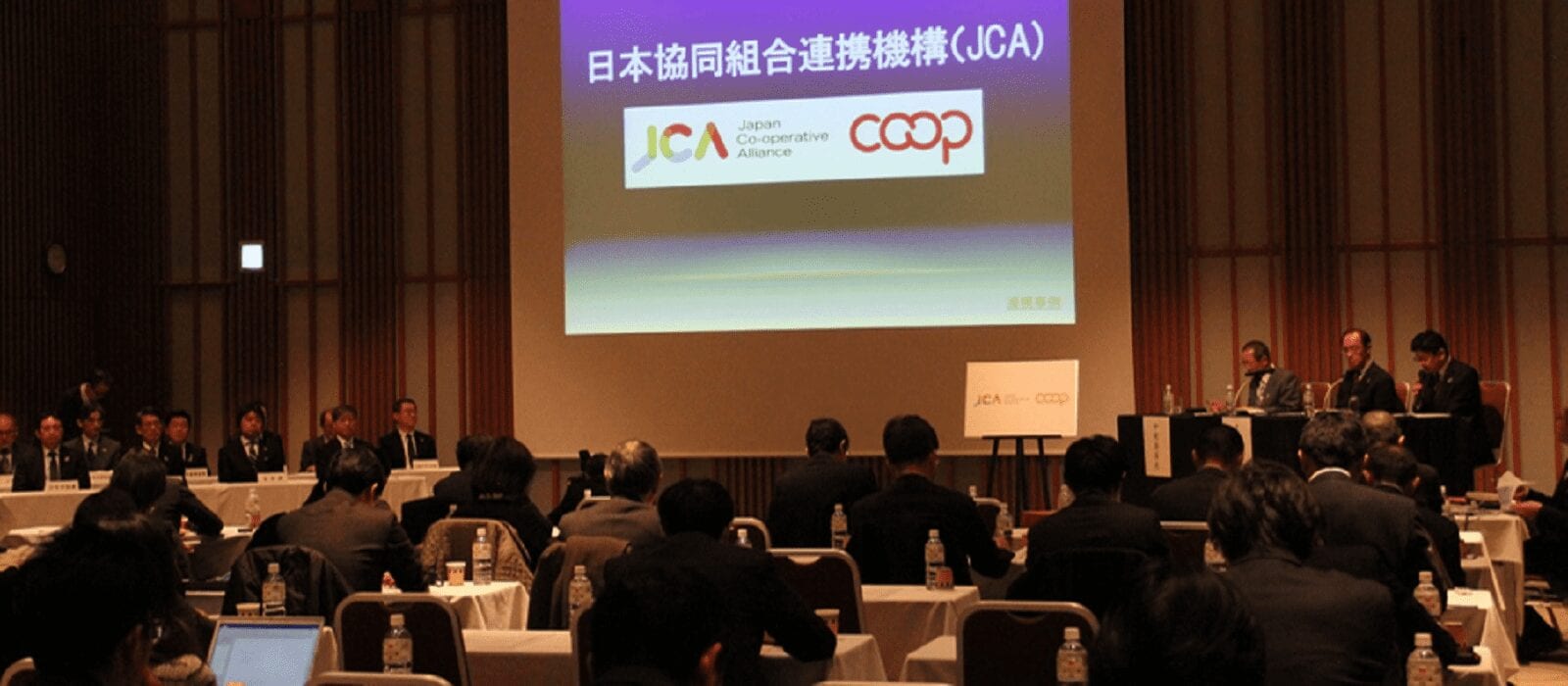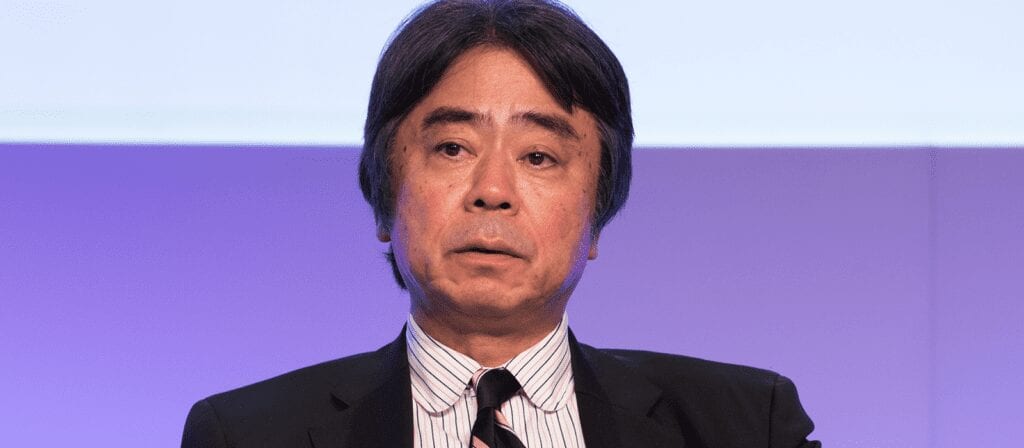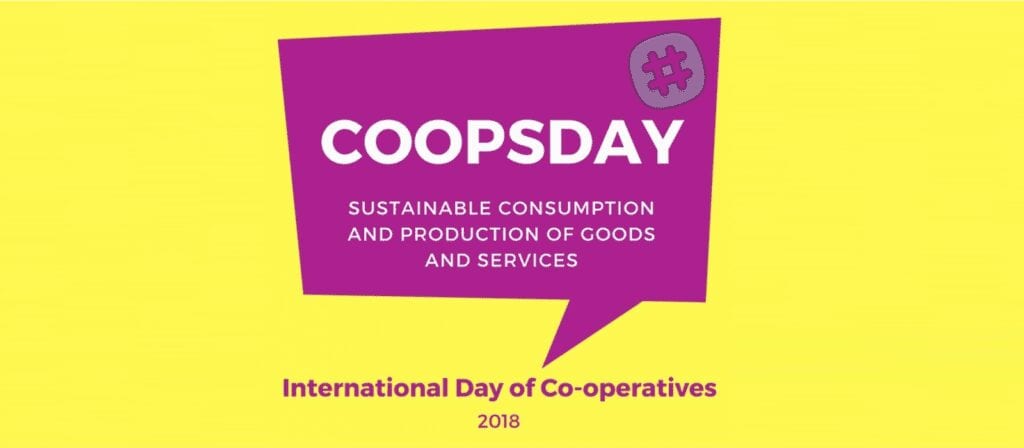Japanese cooperatives have a long history of collaborating with each other and until now much of this collaboration has been coordinated through the Japan Joint Committee of Co-operatives (JJC) which was established in 1956. From 1 April 2018, the JJC will become the Japan Co-operative Alliance (JCA) in order to further promote those collaborations.
For more than 60 years, the JJC has been forming partnerships between cooperatives, solving their common problems, and promoting collaborations with overseas cooperatives. With the aim of further promoting inter-cooperative collaborations on the national, prefectural and local levels, the JJC has recently explored the necessity of establishing a new apex organisation as well as what form and functions such an organisation should assume.
As a result of discussions spanning more than 18 months, the JJC reached a decision by consensus of its members to reorganise itself into a new apex organisation with the aim of empowering the cooperative sector to take the initiative to expand the roles and functions of cooperatives in Japanese communities.
The objectives of establishing a new apex organisation are:
Situations and challenges faced by cooperatives
As economies globalise, issues such as widening disparities in wealth and opportunities, social divisions, and social isolation have also become global problems. In addition, Japan is faced with a decreasing and aging population as well as a declining birth rate, which are generating social problems such as the following in local communities.
- Loss of vigour in regional areas due to weakening of local industries and population exodus
- Challenging environment imposed on the younger generation, as exemplified by scarce employment opportunities in regional areas and an increase in public burden
- Governments’ inability to solve social problems on their own due to financial deterioration
Internationally, cooperatives are often expected to fulfil certain roles in eradicating poverty, generating employment, achieving social inclusion, and engaging in “creating better life and work in sustainable local communities”. Indeed the idea and practice of organising shared interests in cooperatives was added to the UNESCO list of the Intangible Cultural Heritage of Humanity in 2016 and cooperatives have long been associated with the United Nations Sustainable Development Goals (SDGs). However, in Japan, diverse discussions are underway to explore the desirable forms and functions of cooperatives.
In view of such circumstances, the JJC, Japanese cooperatives which have the aim of meeting the common economic, social, and cultural needs and aspirations of their members have reached a conclusion that it is critically important for the association to strengthen collaboration within Japan in order to tackle local issues and to engage in “creating better life and work in sustainable local communities”.
In Japan, cooperatives are currently active in diverse areas including agriculture, forestry and fisheries, retail, finance, mutual aid, employment creation, welfare, medical care, travel, and housing. Total membership in Japanese cooperatives is a huge 65 million people, although there is some overlap. Each cooperative has developed in its own way, is based on different laws, and is overseen by three or possibly four different government authorities. This is one of the reasons why, although individual cooperatives (e.g., consumer co-operatives, agricultural co-operatives) are widely recognised, a cooperative sector as such, is not. Therefore, the JJC feels it needs to publicise who they are and what they do to a greater extent among the public at large.
JJC has long been working to form partnerships among cooperatives. At the national level, alliances have been promoted by the JJC and by Cooperatives Japan, which are conference bodies. However, cooperatives are now faced with an increasing number of challenges that are becoming more complex in nature in both quality and quantity. If cooperatives are to take on more significant roles, they need to reinforce their structure and expand their functions. Collaborations have also been undertaken at the prefectural level, but member groups of coordinating bodies such as cooperative associations and the details of their collaborative activities differ by prefecture.
This created the necessity for a new apex organisation according to JJC. For cooperatives to engage in “creating better life and work in sustainable local communities”, it is imperative to tackle local problems. However, there are limits to what individual cooperatives can do independently. JJC came to the conclusion that if cooperatives are to develop stronger-than-ever mutual ties at national and local levels while spontaneously expanding their own roles and functions in their local communities, it needs to establish and reinforce an apex organisation that unites cooperatives across Japan and enhances their common value.
Roles and functions of the new apex organisation
The name of the new apex organisation will be the Japan Co-operative Alliance (JCA).
Based on the philosophy, values and principles of cooperatives, the new organisation will promote inter-cooperative collaborations, enabling cooperatives to contribute to the development of communities by working to engage in “creating better life and work in sustainable local communities”. The JCA will also work to widely publicise the values and operations of cooperatives in local communities and across the world.
In consideration of its experience in serving as the JJC’s secretariat and in supporting inter-cooperative collaborations, the Japan-Cooperative General Research Institute will be absorbed into the new apex organisation.
The new Japan Co-operative Alliance will focus on three key areas of work:
- Promote inter-co-operative collaborations (promotion and support)
- Make policy proposals; engage in public relations activities (dissemination of messages)
- Provide education and conduct research (analysis, sharing and proliferation)
The JCA will also collaborate with the Japanese government, non-profits and other similar organisations in implementing activities for protecting people’s livelihoods, jobs and communities. There will also be collaboration with international organisations such as the International Co-operative Alliance (the Alliance) and the dissemination of information about the work of the JCA to the international cooperative community. Another key area of work will be to support the establishment of “outside-the-box”, more unconventional cooperatives.
The JCA will be very involved in making policy proposals to governments and authorities and engaging in negotiations to protect the livelihoods, jobs and local communities for their members. Work will also involve the dissemination of information to the public and engaging in public relations activities to share with Japanese society what cooperatives do, to help people gain a better understanding of cooperatives, and to encourage participation.
A large part of the work done by the JCA will be in the area of education and training for cooperative members and also the managers of cooperatives and their staff. The JCA will provide education to the general public by sponsoring university courses and outreach programmes for compulsory education. Finally, there will be a research element to the role of the JCA and they will conduct surveys/research and maintain databases on and in relation to cooperatives.
The organisation has already received the support of Ms. Daniela Bas, Director, Division for Social Policy and Development, Department of Economic and Social Affairs, United Nations Secretariat; Ariel Guarco, President, the International Co-operative Alliance; and Akiko Taguchi, Director, ILO Office for Japan.
A number of Japanese members of the International Cooperative and Mutual Insurance Federation (ICMIF) will be members of the new JCA. These are:
- National Federation of Workers and Consumers Insurance Co-operatives (ZENROSAI)
- Japan Co-op Insurance Consumers’ Co-operative Federation (JCIF)
- Japan Co-operative Insurance Association Inc. (JCIA)
- National Mutual Insurance Federation of Agricultural Cooperatives (ZENKYOREN)
Shaun Tarbuck, Chief Executive of ICMIF congratulated the JJC on the forthcoming launch of the new JCA saying: “I am delighted to congratulate all those involved in the establishment of this new apex organisation the Japan Co-operative Alliance. This is a very important step and a historic moment for the Japanese cooperative movement. Japanese cooperatives, and in particular Japanese members of ICMIF, have a long history of engagement in communities, I am thinking particularly of how they have re-built communities in the aftermath of natural disasters for example. Like all cooperatives, our friends in Japan have long worked on improving the resilience of people and communities there, and promoting the spirit of cooperation. I wish the JCA every success.”
More information about the JCA can be found here.






